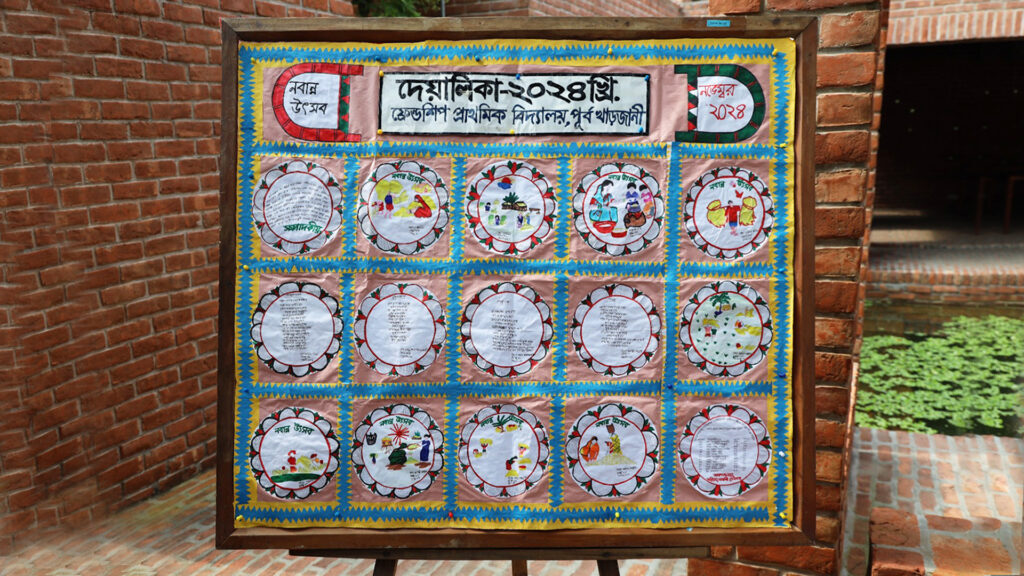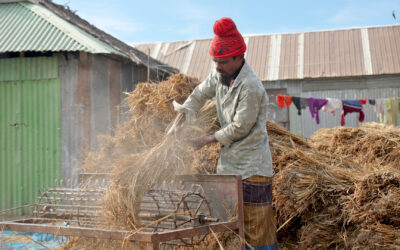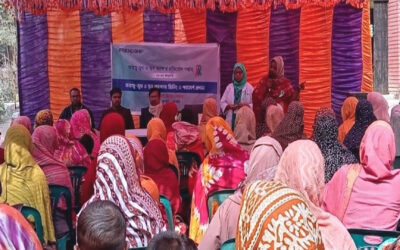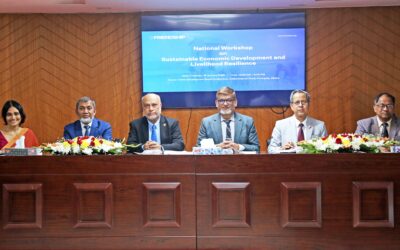District seminar and workshop held to discuss the education in remote, rural Bangladesh
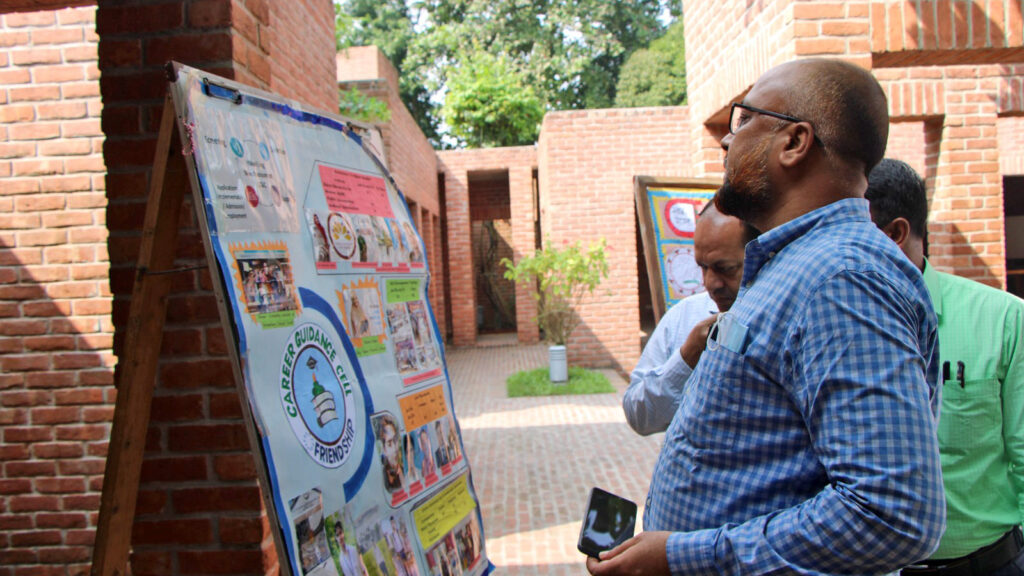
by Iffat Ara Sharmeen
November 5, 2024
Friendship’s education model has successfully provided quality schooling to the remote char islands of Bangladesh, a feat that demonstrates how effective, region-specific models can bridge educational divides. National integration of this model, with government backing, could deliver essential educational rights to even the most isolated communities in Bangladesh.
For over 22 years, Friendship has been supporting children and adolescents in the Jamuna-Brahmaputra riverine chars, areas so isolated that education was once a distant hope. In these communities, Friendship has helped secure the fundamental right to education, fostering a more equal landscape between the mainland and remote regions. Yet, delivering consistent education remains a challenge. To address this, Friendship hosted a District Seminar Workshop on November 4 at the Friendship Centre in Gaibandha, focusing on current and future education strategies for these remote areas.
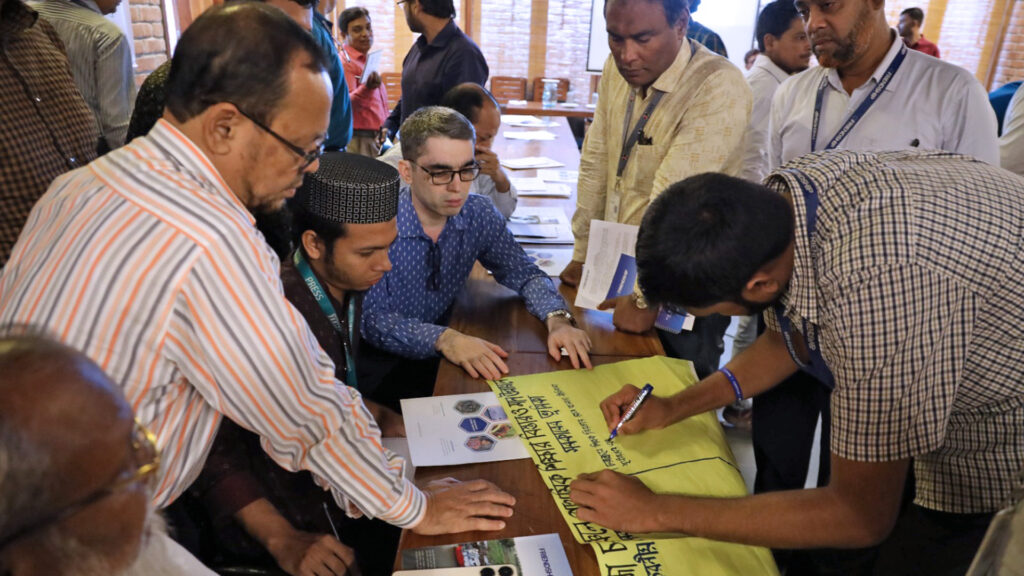
The workshop aimed to share the achievements of the Friendship Education Programme with a wider audience and recommend a distinct, region-specific education model that has proven successful for char communities. Extending this model to other remote areas in Bangladesh could have transformative effects, provided it receives sufficient government support.
Workshop attendees, divided into four groups, included members from diverse backgrounds who presented their insights and recommendations on implementing the education model. Key figures such as Gaibandha District Primary Education Officer Nabej Uddin Sarkar, PTI Superintendent Sadia Afrin Bijli, and senior Friendship staff highlighted the urgency of equal educational access. Discussions covered issues such as education policy, the shortage of trained teachers, inconsistencies in school registrations, and the lack of land registration for char schools.
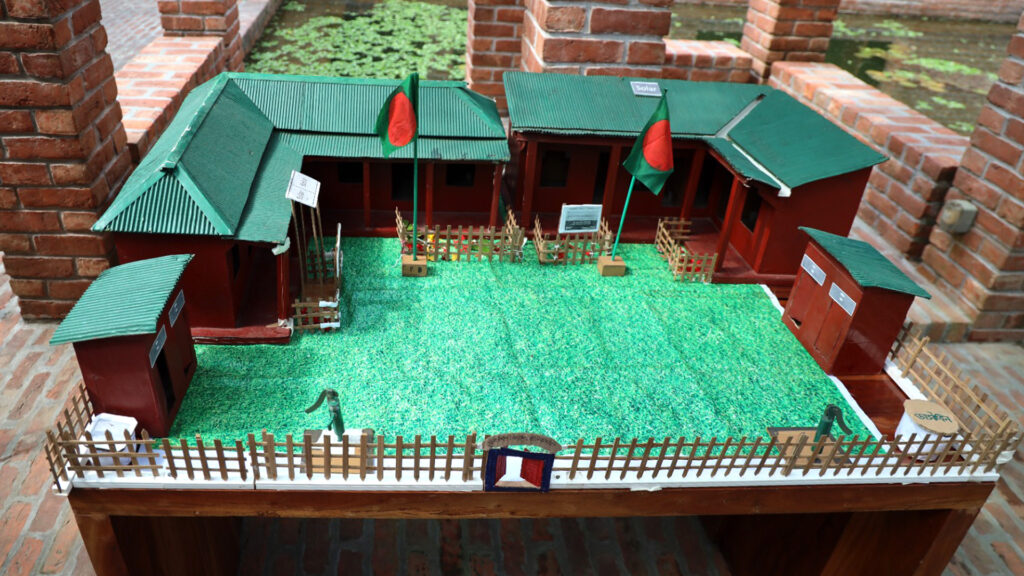
Government and non-governmental participants included Friendship School students and teachers, district education officers, local representatives, and development organisations such as BRAC and the SKS Foundation. In her keynote address, Gaibandha District Education Officer Roksana Begum emphasised the challenges posed by the region’s difficult terrain, exacerbated by flooding and erosion, which makes sustainable education challenging. She underscored the need for a tailored education model, many elements of which Friendship has already pioneered.
Brigadier General (Retd.) Ilyas Iftekhar Rasul, Senior Director at Friendship, shared that the organisation has been delivering primary and secondary education in these remote areas for over 15 years. Friendship currently operates 44 primary and 16 secondary schools, designed to withstand environmental hazards. These schools are not only relocatable but also equipped with ICT resources, staffed by locally recruited, specially trained teachers.
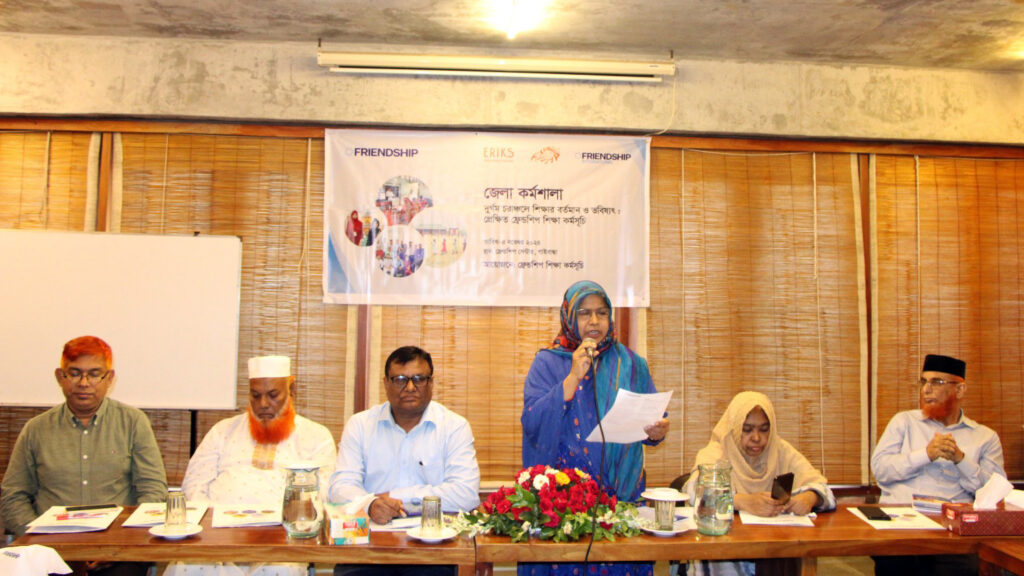
The impact of Friendship’s model is substantial. It has not only provided uninterrupted education for thousands of children but also promoted community awareness about the importance of schooling and helped prevent child marriage. Since 2011, Friendship schools have enabled over 5,380 students to pass the PECE exams, 530 to pass the JSC, and 201 to complete the SSC. Through the Career Guidance Cell (CGC), established in 2021, 154 students have progressed to higher education, and 182 have received skills training, with 139 now employed in respected roles.
Friendship’s char-specific education model stands as a testament to what can be achieved when education is adapted to meet the unique needs of remote communities. With national support, this model could redefine educational access across Bangladesh.
